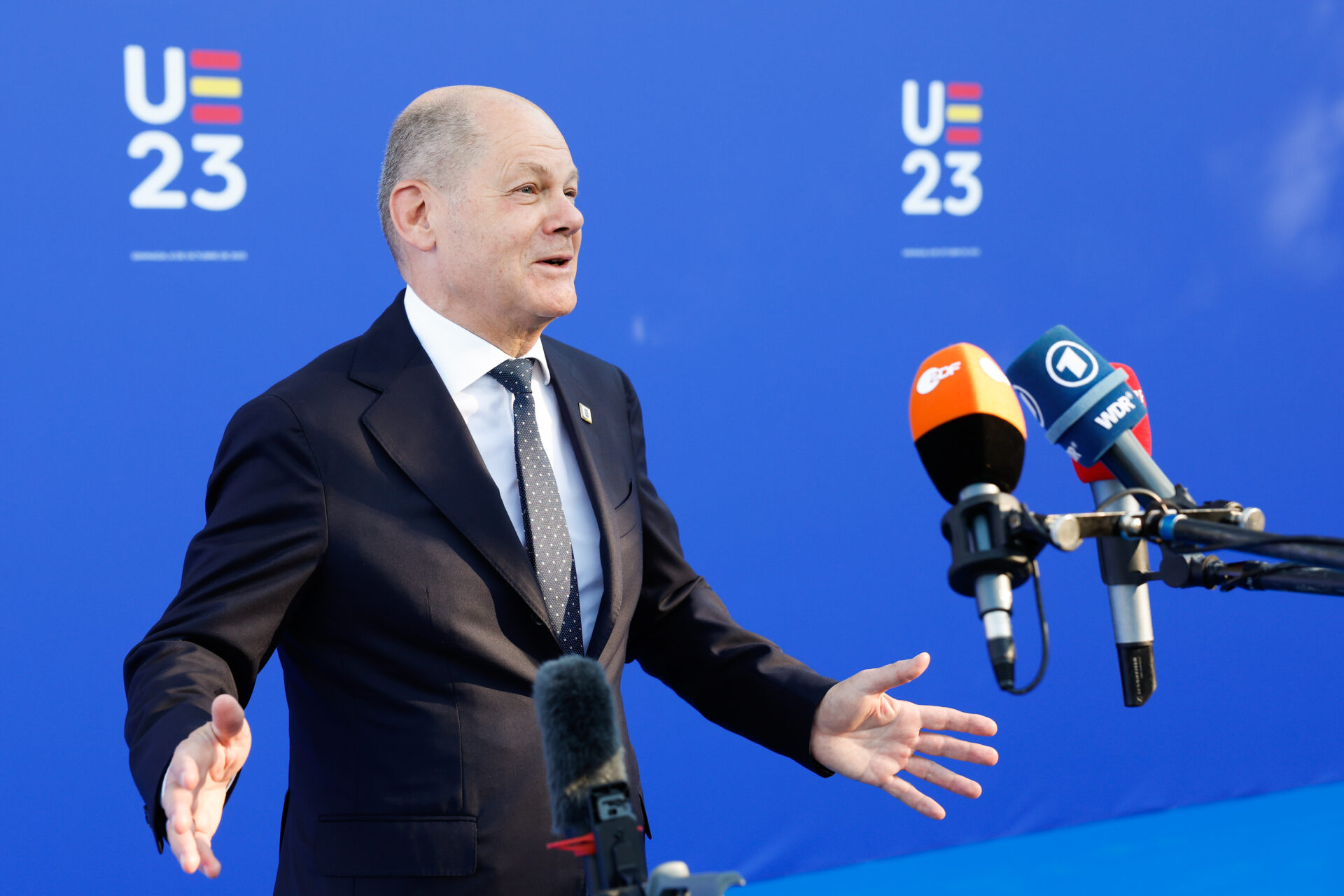BRUSSELS BEHIND THE SCENES
Weekly analysis with Sam Morgan
Germany’s constitutional court blew a hole in the side of the Bundesrepublik’s climate action efforts this week, illustrating one crucial point: the climate crisis needs to be legally recognised as such if it is to be resolved.
When Germany borrowed nearly quarter of a trillion euros during the Covid-19 pandemic, it activated an emergency clause in its infamous and uncompromising debt brake, which limits how much should be borrowed every year.
The pandemic was an unprecedented crisis that needed an unprecedented financial response, which Germany duly provided. But there was money left over, so €60 billion was earmarked for a landmark climate fund.
This week, Germany’s constitutional court said that this transfer of borrowed cash breaches the country’s laws, meaning the government is going to have to find the money somewhere else. That probably means budget cuts and project scalebacks.
Apparently, climate change is not a big enough emergency for Germany.
BRUSSELS BEHIND THE SCENES includes weekly analysis not found anywhere else, as Sam Morgan helps you make sense of what is happening in Brussels. If you want to receive Brussels Behind the Scenes straight to your inbox every week, subscribe to the newsletter here.
The constitutional court in Karlsruhe has reared its head on issues that affect everybody outside of Germany’s national borders before.
It recently got involved in a European Central Bank bond-buying scheme and there were tensions with Brussels about which set of laws trump the other.
The climate fund decision risks throwing a serious spanner into the works. As one of the EU’s biggest emitters, Germany needs to decarbonise and it needs to do it fast.
No longer able to call on nuclear power and still reeling from its break with Russian gas over Moscow’s invasion of Ukraine, Germany has a lot of greening to do. Renewables are still coming online but there is still a big gap to plug.
A planned coal phaseout date might be in trouble too, as certain parts of the government warn that it might not be feasible. Without that €60bn, it definitely will not be.
Germany is the biggest country and biggest economy in the EU. What it does – policy-wise – is very often replicated elsewhere. Many countries that are lagging behind on climate issues are partly doing so because they take their lead from Berlin.
So do not for a second believe that the court’s ruling affects just German citizens. This is a Europe-wide, even global issue.
The German government was absolutely right to try and spend its way out of the Covid crisis and it was absolutely right to allocate the leftovers to climate. The only mistake they have made is limiting it to €60bn.
It is an absolute mockery by anybody’s reckoning that other spending programmes – namely, €100bn for defence and €200bn as an energy bill shield – will be unaffected by the court’s ruling.
Berlin is in a bind. A lot of the €60bn has already been earmarked. Tax hikes will not be supported by the liberal branch of the coalition and spending cuts will be opposed by the socialist and green wings.
The ruling coalition also does not have enough support to repeal the debt brake altogether. There is no obvious way to get out of this cul-de-sac.
Maybe the threat of climate breakdown should be formally recognised as an existential crisis. Germany’s parliament is one of several in the EU that has not yet taken that step, it only counts on a rather toothless EU-led pledge to satisfy its green guilt.
The Welsh Parliament was the first in the world to pass a bill of this nature and it has guided government policy since 2019. Other countries have followed suit.
If the risk posed by a human-triggered change of climate is codified, would that satisfy the constitutional judges? Could the necessary financial outlay needed to achieve Germany’s other legally-binding commitments, like climate neutrality, then be made?
Olaf Scholz and his allies are running out of options. They might have to get creative if they want to achieve anything meaningful and long-lasting during the nearly two years they have left in office.
If they make it that long…
BRUSSELS BEHIND THE SCENES includes weekly analysis not found anywhere else, as Sam Morgan helps you make sense of what is happening in Brussels. If you want to receive Brussels Behind the Scenes straight to your inbox every week, subscribe to the newsletter here.

